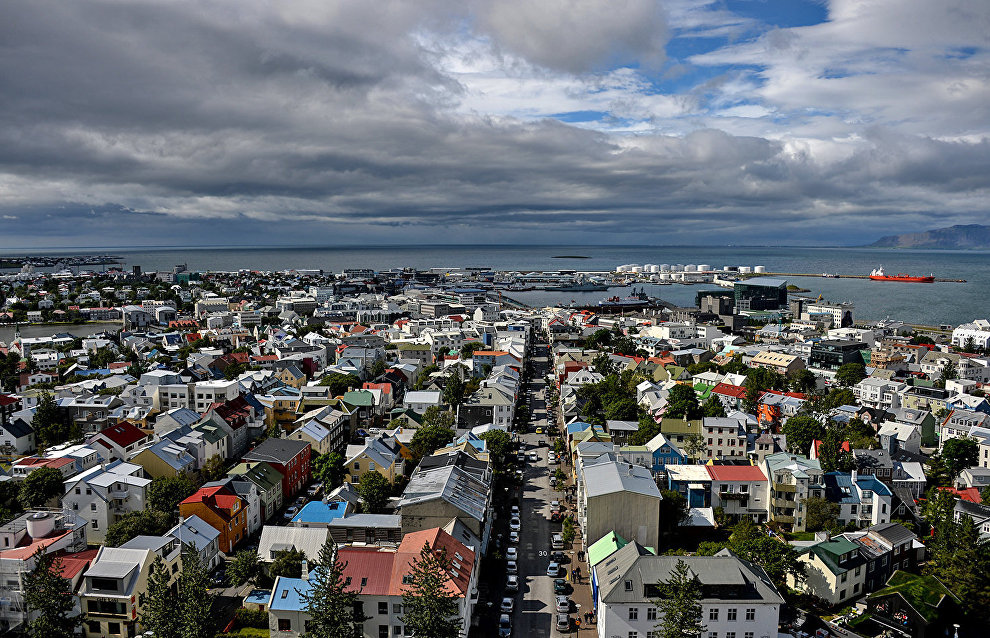Iceland and Russia to discuss economy as bilateral trade shrinks eightfold
Russia and Iceland will hold bilateral consultations on February 14-15 to discuss trade and economic cooperation, Mikhail Zenin, an attaché at the Russian embassy in Iceland, told RIA Novosti.
Due to the EU-imposed sanctions against Russia (Iceland, though not part of the EU, joined the sanctions and fixed them into its laws) and the follow-up countermeasures imposed by Moscow, the trade turnover between the two countries has shrunk eightfold. The mutual restrictions have slashed fish imports from Iceland, which used to form the bulk of bilateral trade, to a virtual zero.
"A Russian delegation under Deputy Director of the Department for Europe, North America and International Organizations at the Ministry of Economic Development Dmitry Sazhin is heading to Reykjavik. Iceland will be represented at the talks by Director of the Department for External Trade and Economic Affairs at the Ministry of Foreign Affairs Unnur Orradottir," Mr. Zenin said.
The sides are expected to focus on the current state of bilateral trade and prospects for broadening it, including in agriculture, fisheries, science, innovations and geothermal energy. The Russian delegation is also planning to visit Iceland's oceanic cluster, a cutting-edge platform for innovations in fisheries.
This is already the 17th round of similar consultations. Held every year or every two years, they are hosted by Iceland and Russia alternately. The previous round took place in Moscow in July 2015.
In 2014, bilateral trade amounted to almost $270 million (fish imports to Russia stood at around $230 million). After Russia responded to the sanctions with counter-measures, the mutual trade turnover plummeted to $123 million in August 2015 and then to a mere $33 million in 2016. But with Russia accounting for just 10-15 percent of Iceland's overall fish exports, the counter-sanctions have cost Iceland less than one percent of its GDP.
"Nevertheless, there is a mutual understanding that we should continue and develop our cooperation in the branches and spheres not affected by the sanctions," Mr. Zenin explained.
Russia and Iceland traditionally cooperate in the Arctic within the framework of various structures, including the Arctic Council, the Barents Euro-Arctic Council under the Northern Dimension partnership program and the Council of the Baltic Sea States.
